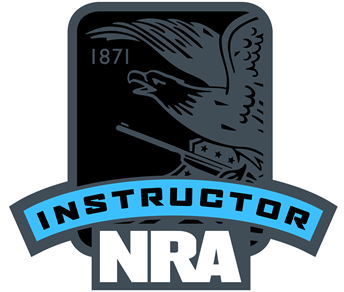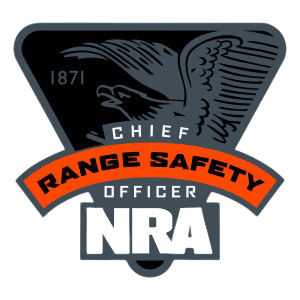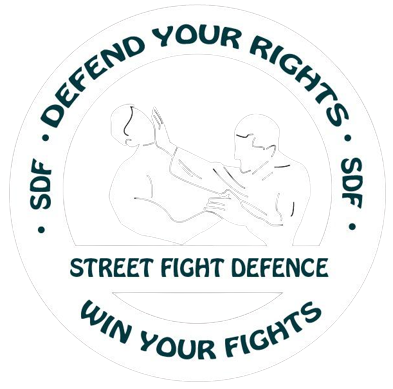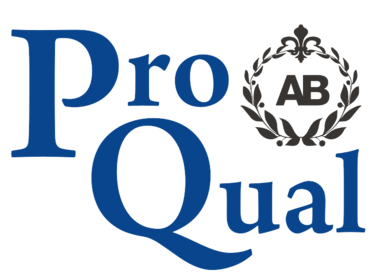Online Conflict Management Level 2
Dates
Any time of the month
Length
2 Days
Cost
$699
Locations
USA, UK, Thailand, Spain, Sri Lanka, Kenya, Turkey and Lebanon
Course Information
Welcome to American Bodyguard Academy’s Level 2 Conflict Management Course
At American Bodyguard Academy, we are dedicated to providing comprehensive training programs designed to equip individuals with the necessary skills and knowledge to handle conflict situations effectively. Our Level 2 Conflict Management Course, is tailored to meet the needs of security professionals, frontline staff, and individuals seeking to enhance their conflict resolution skills.
Course Overview
Our Level 2 Conflict Management Course offers a structured approach to understanding and managing conflicts in various settings. Whether you are working in the security industry, customer service, or any frontline role, this course will provide you with invaluable tools and techniques to mitigate and de-escalate conflict situations.
Course Content:
Understanding Conflict Management:
- Recognizing the causes and nature of conflicts
- Exploring different conflict resolution approaches
Communication Skills in Conflict Management:
- Developing effective communication strategies
- Active listening and empathy techniques
Assessing and Reducing Risks in Conflict Situations:
- Identifying potential risks and hazards
- Implementing risk reduction measures
Responding to Conflict Incidents:
- Implementing de-escalation techniques
- Safely resolving conflicts using appropriate interventions
Course Delivery:
Accreditation:
Experienced Instructors:
Practical Training:
Career Advancement:
Flexible Learning Options:
Enroll Today:
AWARDS
Conflict Management Level 2
Topics
- Session 1. Principles of Conflict Management
- Session 2. Recognize And Reduce Conflict Situations
- Session 3. De-escalate Conflict
- Session 4. Conflict Management
- Session 5. Good Practices
Session 1. Principles of Conflict Management
1.1. State the importance of positive and constructive communication to avoid conflict.
1.2. State the importance of employer policies, guidance and procedures relating to workplace violence.
1.3. Identify factors that can trigger an angry response in others .
1.4. Identify factors that can inhibit an angry response in others .
1.5. Identify human responses to emotional and threatening situations.
Session 2. Recognize And Reduce Conflict Situations
2.1. State how managing customer expectations can reduce the risk of conflict.
2.2. Identify the stages of escalation in conflict situations.
2.3. State how the application of dynamic risk assessment can reduce the risk of conflict.
2.4. State the importance of positioning and exit routes.
Session 3. De-escalate Conflict
3.1. State how to use non-verbal communication in emotive situations.
3.2. State how to overcome communication barriers.
3.3. Identify the differences between assertiveness and aggression.
3.4. Identify ways of defusing emotive conflict situations.
3.5. Identify approaches to take when addressing unacceptable behavior.
3.6. State how to work with colleagues to de-escalate conflict situations.
Session 4. Conflict Management
4.1. State the importance of viewing the situation from the customer’s perspective.
4.2. Identify strategies for solving problems.
4.3. Identify win-win approaches to conflict situations.
Session 5. Good Practices
5.1. State the importance of accessing help and support following an incident.
5.2. State the importance of reflecting on and learning from conflict situations.
5.3. State the benefits of sharing good practice.
5.4. State why security operatives should contribute to solutions to recurring problems.












